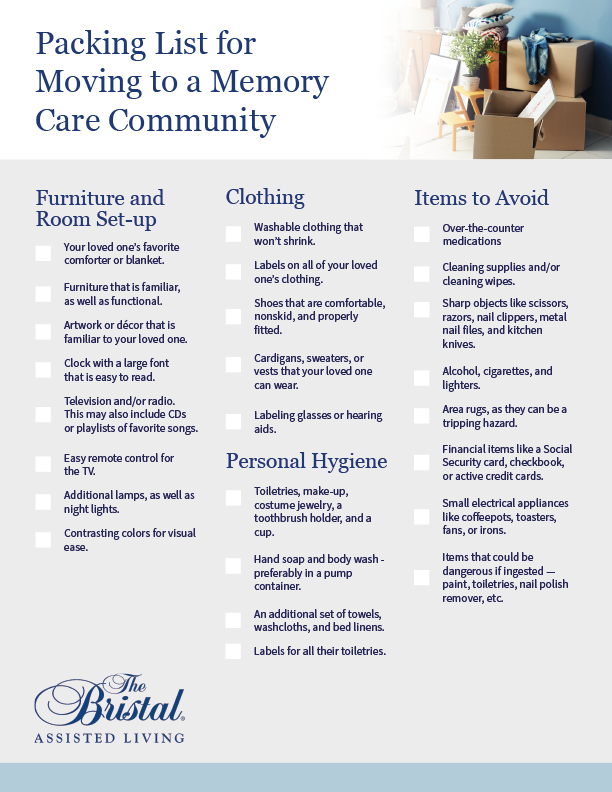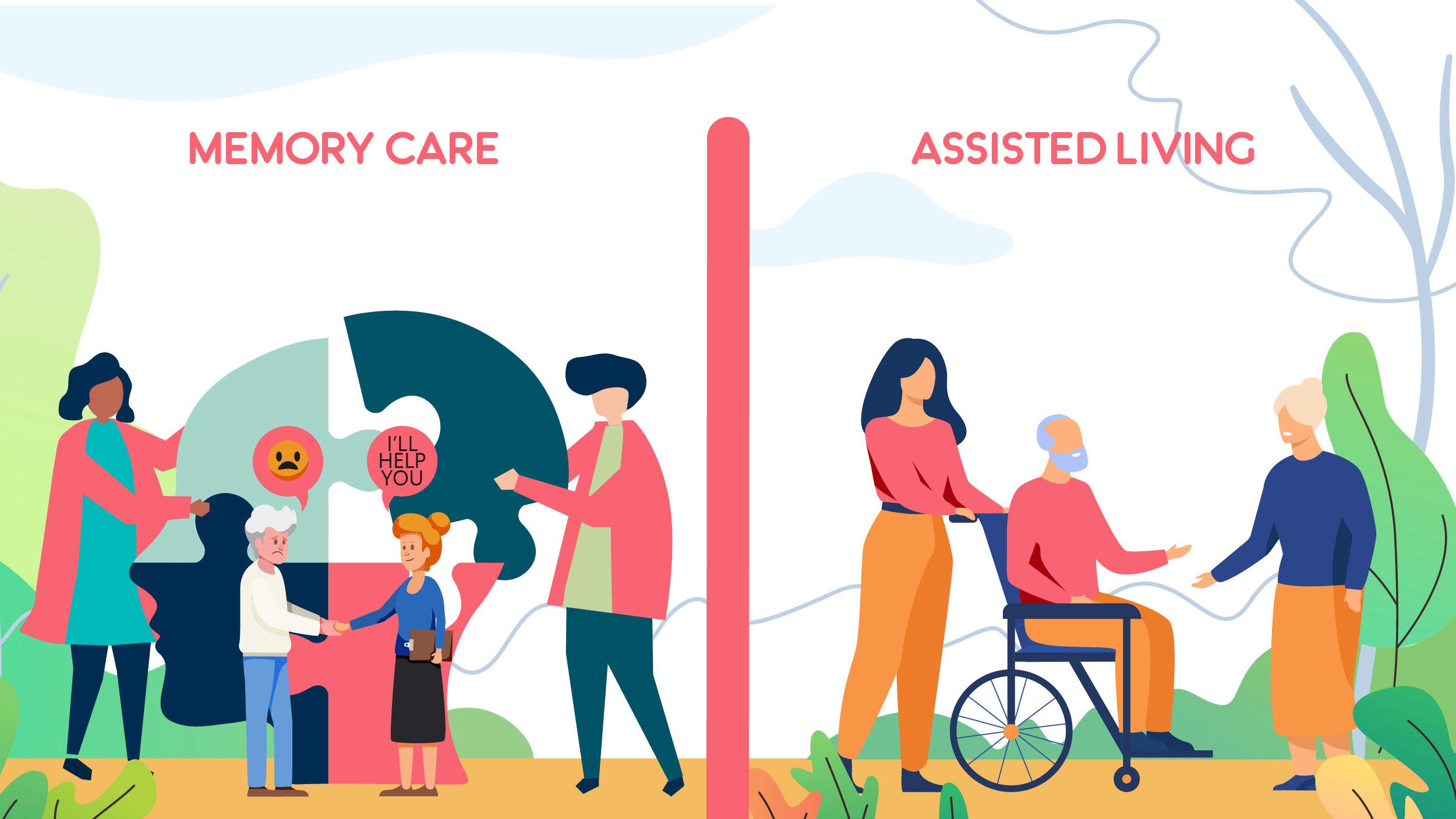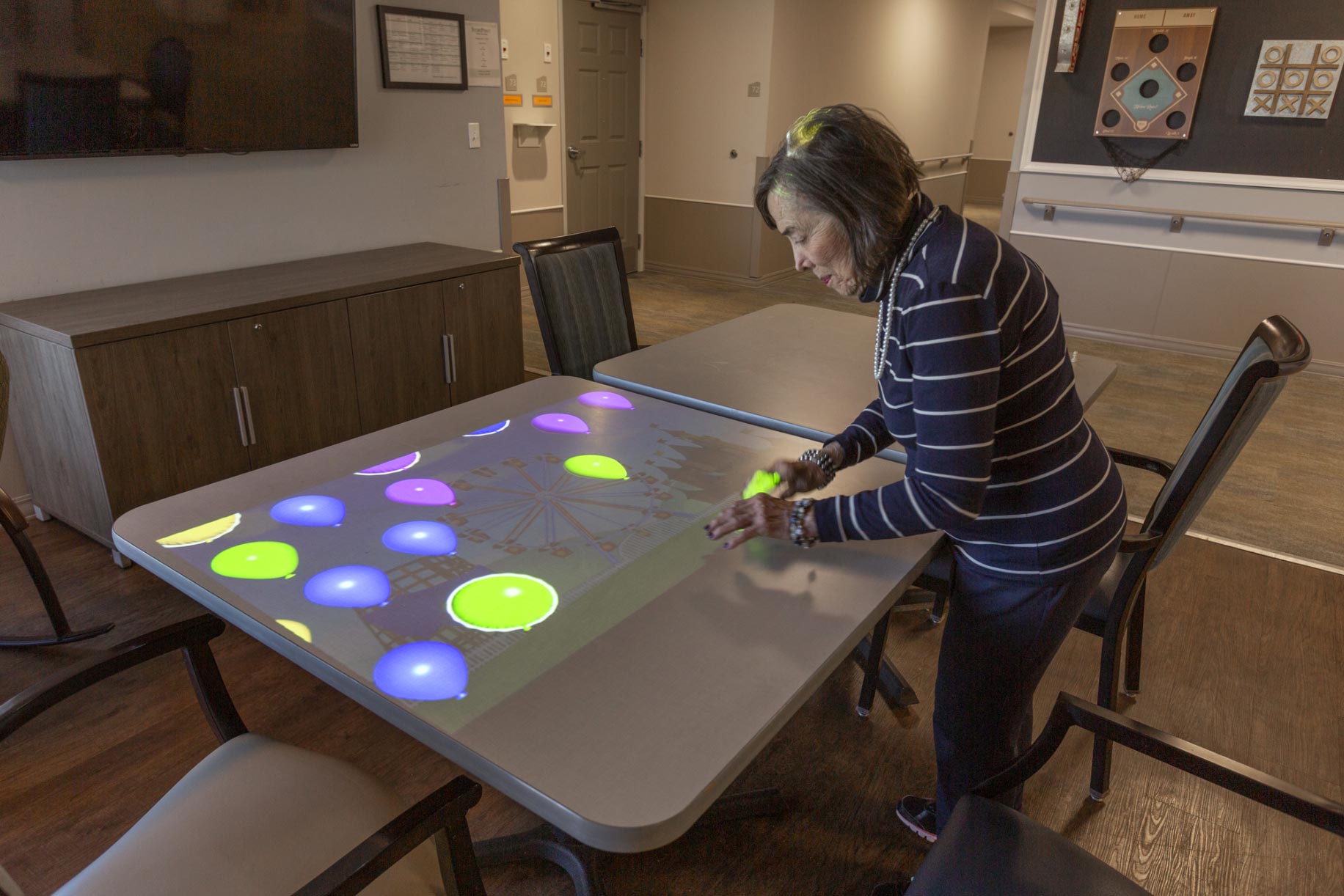Professional and Dedicated Providers for Alzheimers Care Charlotte Homeowners
Wiki Article
Developing a Safe and Supportive Setting for Alzheimer's Care
The development of a secure and supportive environment for individuals with Alzheimer's is critical in enhancing their quality of life. Discovering these complex techniques can disclose essential insights into effective caregiving strategies that may transform the daily experiences of both caregivers and individuals.Recognizing Alzheimer's Demands
Regularly, people with Alzheimer's illness display a variety of requirements that need tailored methods to care. As the condition progresses, cognitive decrease shows up in different methods, affecting memory, reasoning, and even the capacity to execute everyday tasks. Caregivers must recognize these advancing demands to supply suitable support and ensure a greater high quality of life for those impacted.One crucial aspect of recognizing Alzheimer's requirements is recognizing the importance of regular and experience. Individuals usually locate comfort in established patterns, which can lower stress and anxiety and confusion. Caretakers must strive to develop structured day-to-day routines that incorporate purposeful activities straightened with the person's abilities and passions.
Furthermore, reliable communication is extremely important. Individuals with Alzheimer's might have a hard time to express themselves or comprehend complex language. Caregivers must employ straightforward, clear language, use non-verbal hints, and practice active listening to cultivate understanding and connection.
Caregivers ought to motivate involvement in community activities or household events, advertising a feeling of belonging and objective. Understanding these diverse needs is necessary for developing an encouraging treatment setting.
Creating a Safe Home
Producing a risk-free home for people with Alzheimer's disease is important to promoting and decreasing risks independence. Guarantee that pathways are clear and well-lit, as proper lighting minimizes disorientation and enhances flexibility.
Integrating flexible functions is additionally vital. Install grab bars in washrooms and near stairs, and consider using non-slip floor coverings in damp locations. Furthermore, using contrasting shades for walls and floorings can assist in differentiating rooms, helping to alleviate complication.
Familiarity is necessary for individuals with Alzheimer's. Customizing the setting with familiar items and pictures can reinforce a sense of belonging and protection - Alzheimers Care Charlotte. It is also helpful to have actually a designated area for everyday tasks, such as analysis or crafting, which can offer structure to their day
Last but not least, implementing a protected outside room enables safe exploration while getting in touch with nature. By attentively making the home environment, caregivers can considerably improve the lifestyle for people living with Alzheimer's disease.
Enhancing Communication Skills

Non-verbal interaction, consisting of faces, gestures, and touch, plays a crucial duty in sharing empathy and understanding. Maintaining eye call and a tranquil attitude can improve the comfort degree of the individual, advertising a feeling of safety.
Moreover, it is essential to exercise active listening. This entails being completely existing, revealing patience, and permitting the person to share themselves without disruption. Repetition might be required; caretakers ought to be prepared to revisit subjects or concerns, as people with Alzheimer's may have problem with memory recall.
In addition, using aesthetic aids or hints, such as photographs or acquainted objects, can assist in recognition and interaction. Inevitably, improving interaction skills is concerning building depend on and creating an atmosphere where people feel heard, valued, and recognized, thus enhancing their quality of life.
Motivating Social Communication
Fostering significant social communications can greatly improve the health of individuals with Alzheimer's disease. Involving with others not just helps battle sensations of seclusion but also promotes official website cognitive feature and psychological health. Structured social activities, such as team crafts, arts and video games, or music treatment, develop possibilities for locals to link with peers and caregivers, which can lead to improved mood and lowered anxiousness.Creating an inviting environment that motivates socializing is essential. This can be achieved by organizing common areas that promote communication, such as comfy seating locations or task areas. Additionally, incorporating familiar and culturally relevant activities can spark memories and motivate participation, allowing individuals with Alzheimer's to feel even more linked to their previous experiences.
Additionally, caretakers must be trained to acknowledge and promote social engagement amongst homeowners. Straightforward motions, such as starting conversation or helping with small team conversations, can assist individuals feel valued and consisted of. Regularly set up social occasions must be constant yet flexible, accommodating differing levels of ability and passion. By focusing on social interaction, we can significantly improve the lives of those dealing with Alzheimer's, promoting a sense of area and belonging.
Sustaining Caregiver Health

To sustain caretakers, organizations ought to use normal training and educational resources to improve their understanding of Alzheimer's illness and caregiving strategies. Providing access to respite care services enables caretakers to take essential breaks, lowering stress and tiredness - Alzheimers Care Charlotte. In addition, cultivating a community through support system can help with emotional sharing and the exchange of useful recommendations amongst caregivers, producing a network of shared support
Mental health and wellness resources, such as counseling services, can also be vital in dealing with the emotional toll caregiving can take. By prioritizing caretaker health, we develop an even more lasting caregiving environment that not only profits the caretakers themselves yet likewise improves the general quality of care obtained by people with Alzheimer's. Eventually, supporting caregivers is an important component in cultivating a efficient and compassionate treatment setup.
Final Thought
To conclude, the creation of a secure and encouraging setting for people with Alzheimer's is necessary to enhancing their quality of life. By focusing on security through thoughtful layout, promoting psychological health with familiar components, and promoting interaction through structured regimens, caregivers can considerably influence the general experience his explanation of those affected by this problem. Furthermore, sustaining caregiver health is crucial, as it eventually adds to a more thoughtful and efficient treatment atmosphere.Repeating might be required; caretakers ought to be prepared to take another look at inquiries or topics, as people with Alzheimer's might struggle with memory recall.

Report this wiki page